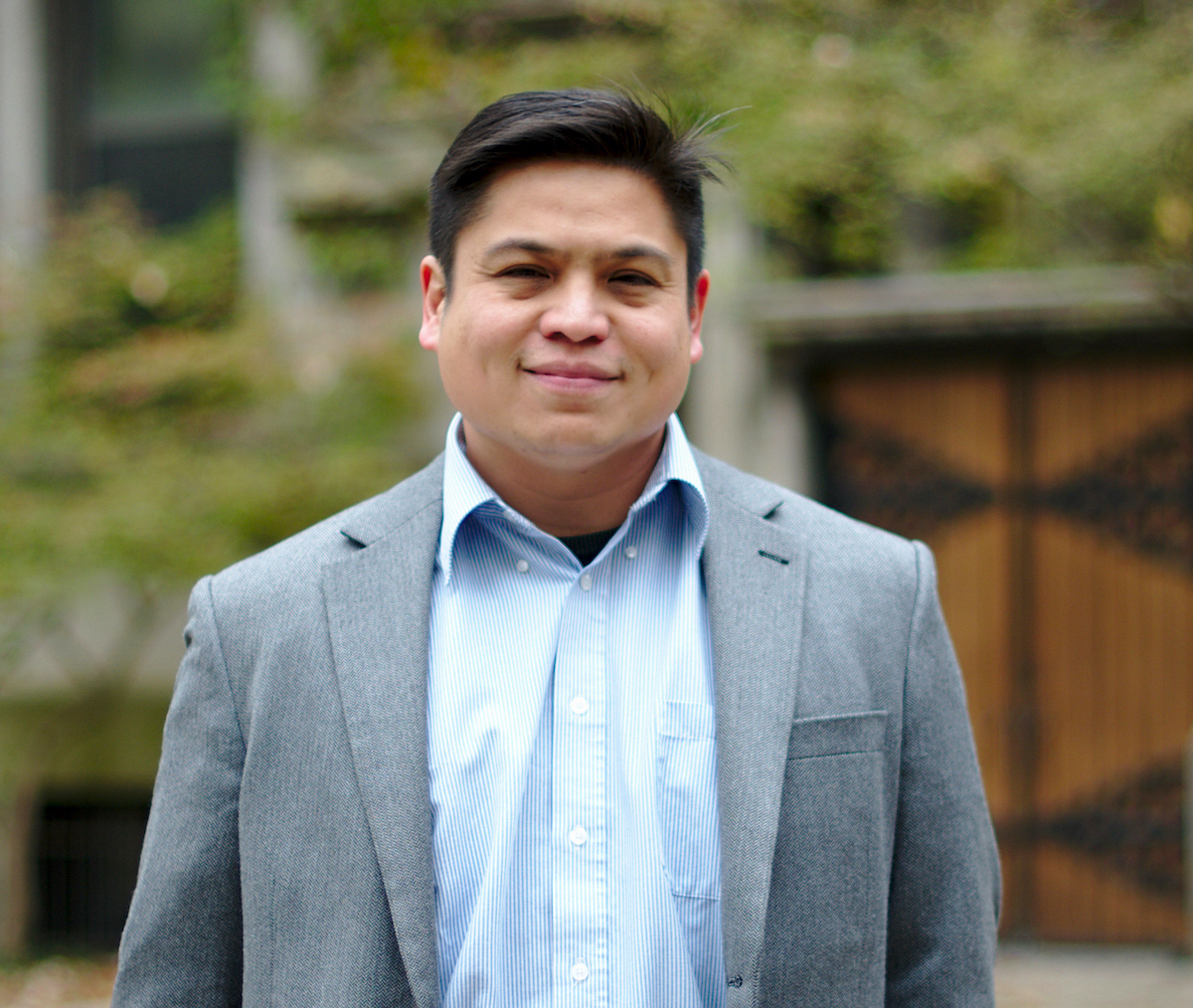
In general, I’m interested in social transformations in the Global South, Southeast Asia particularly, and my research focuses on the Philippines, Cambodia, and Singapore. Topically, I study democracy, corruption, urbanization, segregation, social inequality, and “populism” (I dislike the term). Theoretically, I spend a lot of time thinking about how political institutions structure experience and how experience shapes political subjectivity, the relation between social and spatial boundaries and when inequality comes to be felt as stigma, and what freedom means sociologically. I’m committed to theorizing “from the Global South,” or reconstructing conceptual categories in light of Southern realities, and enthusiastic about sociology as a mode of explanation that can help us grasp aspects of reality that other modes (biological, psychological, economic) can’t.
Recent Research / Recent Publications
CISSR 2022-23 Faculty Research Project
Project Abstract
The administration of Rodrigo Duterte has overseen an unprecedented level of violence in Philippine politics. Despite this violence, Filipinos largely support both the drug war and the Duterte administration. How do we explain widespread popular support for large-scale public violence? Prior research suggests that Filipinos are willing to tolerate extrajudicial killings, political repression, and the gutting of liberal institutions because they see Duterte as a “strong leader” whose methods, while questionable, are nonetheless effective. These views reflect long-held feelings of political alienation and aspirations for political renovation. Thus, in order to understand Filipinos’ acceptance of Duterte’s violence, we need to unpack their relationship to democracy and politics generally. The proposed research pursues the following questions: How do Filipinos conceive of democracy and what do they want from it? How have these conceptions changed over the course of the democratic period? How have the country’s political institutions shaped these conceptions? These questions require us to go deeper than the existing data allow. They call for an in-depth qualitative study of Filipinos’ political dispositions involving a combination of ethnographic and historical methods.
2020-21 Abstract
While corruption has risen to the top of the scholarly agenda in other social sciences, sociology has remained surprisingly silent in spite of its ideal intellectual equipment to understand corruption as fundamentally embedded in social structures. Marco Garrido’s new project works to articulate an agenda for the sociology of corruption and define the framing debates within this new field of study. His project aims to hold a symposium for scholarly discussion around the sociology of corruption, including quantitative measurements, network analysis, embed its meaning historically, and ethnographically as serial reactions. The project outcome will balance the need for a bold, focused statement of sociology of corruption and an inclusive approach reflecting sociology’s points of connections with other social sciences.
In contemporary Manila, slums and squatter settlements are peppered throughout the city, often pushing right up against the walled enclaves of the privileged, creating the complex geopolitical pattern of Marco Z. Garrido’s “patchwork city.” Garrido documents the fragmentation of Manila into a mélange of spaces defined by class, particularly slums and upper- and middle-class enclaves. He then looks beyond urban fragmentation to delineate its effects on class relations and politics, arguing that the proliferation of these slums and enclaves and their subsequent proximity have intensified class relations. For enclave residents, the proximity of slums is a source of insecurity, compelling them to impose spatial boundaries on slum residents. For slum residents, the regular imposition of these boundaries creates a pervasive sense of discrimination. Class boundaries then sharpen along the housing divide, and the urban poor and middle class emerge not as labor and capital but as squatters and “villagers,” Manila’s name for subdivision residents. Garrido further examines the politicization of this divide with the case of the populist president Joseph Estrada, finding the two sides drawn into contention over not just the right to the city, but the nature of democracy itself.
The Patchwork City illuminates how segregation, class relations, and democracy are all intensely connected. It makes clear, ultimately, that class as a social structure is as indispensable to the study of Manila—and of many other cities of the Global South—as race is to the study of American cities.
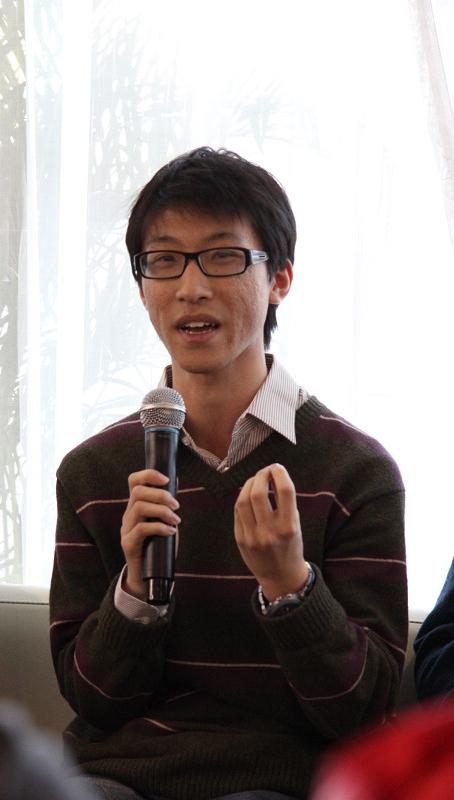
2025-26 Abstract:
Workers of the Socialist World: The Transnational Remaking of Chinese Workers’ Class Consciousness, circa 1980"
This project provides a transnational account of the crystallization of socialist workers’ class consciousness at a pivotal historical moment. Specifically, drawing upon a wide range of historical source materials, it documents how, in China’s early post-Mao era, Chinese workers’ understandings of who they were and what they were to demand were significantly shaped by the inspiration they drew from the Yugoslavian model of heterodox socialism as well as the Polish Solidarity movement. Not only did urban Chinese workers deploy these inspirations to frame their grievances and discontents in a new language, but their (not necessarily factually accurate) understanding of what happened in Yugoslavia and Poland emboldened them to rethink what their positions in society should be and what they are capable of demanding. In doing so, this project demonstrates how the making of class consciousness under actually existing socialism has an important transnational dimension that conventional, internalist approaches alone cannot capture.
Biography:
Yueran Zhang is an Assistant Professor of Sociology and the College at the University of Chicago. A political and comparative-historical sociologist, he specializes in the comparative studies of capitalism(s), socialism(s), and transitions in between, with a special emphasis on political economy and the dynamics of development in the Global South. He is particularly intrigued by questions pertaining to the politics of class, democracy, (de)mobilization, production and social reproduction. Yueran is currently turning his doctoral dissertation into a book manuscript, tentatively entitled “Whither Socialism? Workers’ Democracy and the Class Politics of China’s Post-Mao Transition to Capitalism”. This project provides a distinct class-based explanation of China’s transition from socialism to capitalism, arguing that the way in which urban industrial workers – ideologically and rhetorically celebrated as the “leading class” of Chinese socialism – interacted with the Party-state in the late 1970s and throughout the 1980s significantly shaped the historical trajectory of China’s post-Mao reform.
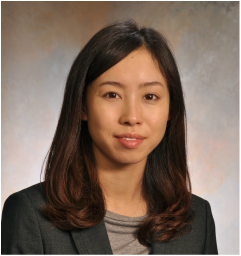
Biography:
Xi Song is an Assistant Professor of Sociology and the College at the University of Chicago. Song received her Ph.D. in Sociology from the University of California--Los Angeles (UCLA) in 2015, with the dissertation "Social Stratification in Multiple Generations." Before that, she completed her Master of Sciences in Statistics at UCLA in 2013, Master of Philosophy in Social Sciences at HKUST in 2010, and Bachelor of Arts with the Highest Academic Honors at Renmin University of China in 2008. Her research interests include social stratification and mobility, population studies, quantitative methodology, and studies on China and East Asia, with a substantive focus on the persistence of social inequality across life stages and generations.
Project Title: The Media and Public (Mis)Perception of Inequality in China
Rising income inequality is a critical global problem that has rapidly accelerated over the past two decades. While income inequality is similarly high in both the United States and China, however, unlike the public in the U.S., most Chinese may be misinformed about inequality because of the Chinese government’s control over news media through political censorship. The proposed project will examine how rising inequality is perceived, publicized, and interpreted in an authoritarian society wherein media and government practices are not independent, but rather inequality perceptions are actively framed in the interests of political power. This project will offer the first large-scale, longitudinal, and computational text analyses of hundreds of millions of articles and posts published by 120 traditional Chinese newspapers, 30 new digital media outlets, and 245 individual social media services over the period of 2000-2018. We will apply cutting edge text mining and machine learning methods to the study of inequality in an era of Big Data given the recent mass digitization of traditional print media and the rise of social media platforms. The methods and analyses employed in the present project will complement those in previous inequality studies based on social surveys, administrative data, and online survey experiments. Compared to research on facts about inequality, research on values, beliefs, and perceptions about inequality is far less. The proposed study will contribute to this topic by showing the roles of government, mass media, and the public in jointly and interactively disseminating and distorting facts about rising inequality in China.
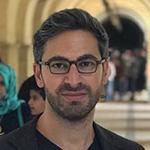
The Islamic State, or ISIS, has captured an extraordinary amount of international attention. Today, despite the loss of its territorial state across Iraq and Syria, there remains much concern among policymakers over its spread to other conflict zones or re-emergence within territories previously held. But such threat assessments lack an adequate understanding of the organization’s unparalleled and abrupt rise in the first place. How did a single armed group out of many come to establish hegemonic authority over a large and diverse territorial space across Iraq and Syria, let alone in such short order? The conventional view shared by academics and policy analysts is that rebel expansion and consolidation of territory is determined by a group’s dispositional factors – such as material resources, institutional superiority, and ideological cohesiveness and appeal – or by structural factors, such as state weakness. In this dissertation, I utilize extensive field interviews, survey data, and archival documents to examine the intersection of social networks and an overlooked subject of inquiry in the literature: wartime consolidation. In contrast to narratives about its military capabilities and resource endowments, I focus on how the group used active informants and collaborators in the consolidation process of rival elimination, coercion and co-optation, and exploitation of inter and intra-ethnic divisions in gaining a foothold within aggrieved communities. This is important for not only understanding how ISIS expanded, but also how they maintained staying power over a large population of millions across vast stretches of territory.
Biography:
Ramzy Mardini is a Ph.D. candidate in the Department of Political Science, studying international and comparative politics. His research interests focuses on intrastate conflict and the politics of the Middle East. He is a graduate of Ohio State University and the Committee on International Relations at the University of Chicago.
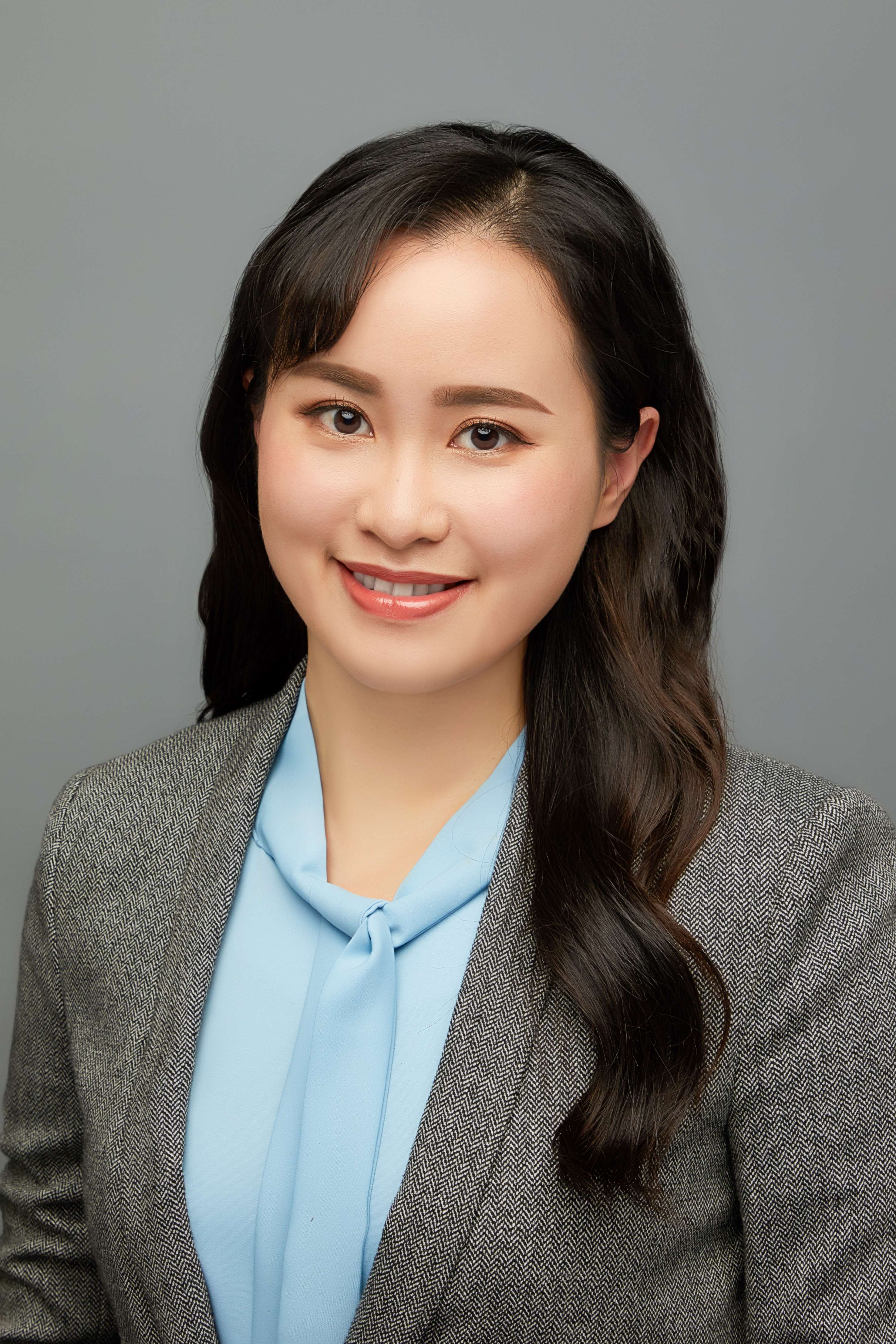
Biography:
Wan-Zi Lu is a Ph.D. candidate in Sociology. She has completed a set of studies on how traditional authority structures shape democratization and financialization across indigenous peoples in Taiwan. Her current research traces the development of regulatory frameworks for organ donation in a number of East Asian polities to understand why shared cultural norms produced different policies of and practices in moralized markets. She has co-authored a chapter in The New Handbook of Political Sociology (Cambridge) and published in Contexts.
Dissertation: Morals, Markets, and Mobilization of Organ Donation
When confronted by the ethical dilemma between cultivating altruism for transplants and following customs and beliefs that take the body parts as family possessions, how do policymakers, medical professionals, and donors’ families negotiate the moral boundaries? Through comparing the development of organ donation in Singapore, Hong Kong, and Taiwan, where the Confucianist thought regards preserving body integrity as enacting filial piety, my dissertation addresses this question. I argue that the historical trajectories shaping the stakeholders and their political coordination explain why the similar moral barriers for transplants in these sites generate different regulations. But governments can only claim relative autonomy. The practices of organ donation portray that when mobilizing altruistic acts, organizational arrangements shape the possibilities for situational adaptation and generate unexpected donation outcomes: Singapore shows a decline in donation rates with the country’s most incentivized donor pool whilst Taiwan’s organ supplies grow given its most stringent regulation on organ donation worldwide. In addition to examining the subregional variations, my dissertation traces how countries around the world debated, passed, and amended regulations related to organ donation and gamete exchange. I identify factors shaping the legislative processes to explain why the same country adopts contrasting approaches to regulating the giving of the same set of body parts.

This project focuses on the period following the legal abolition of slavery in India by the British colonial government in 1843. It traces the process whereby “slavery” comes to be defined vis-à-vis the multiple varieties of social and labor relationships that characterized Indian society. This process is situated as part of the global, order making goals of empire examining the legal codification of categories in general, and “slavery” and “free” labor in particular. Focusing on the coastal region of Sindh gives us fresh analytical insight into how this definition emerged relationally, providing a case where multiple “slaveries” coexisted, overlapped, and were worked out. Examining this process of legal sorting by judges and colonial agents demonstrates the inclusion of some, but exclusion of a vast number of other social relationships, particularly bonded or debt labor. This part of the project lays the groundwork for the second phase of research, examining the actions and writings of Sindhi political activists, intellectuals, and slaves or bonded laborers themselves, investigating how “slavery” figures in to the political vocabulary of social movements mobilizing around issues of marginalization.
Biography:
Mishal Khan is a PhD candidate in the sociology department, focusing on historical sociology, colonial law, and slavery in South Asia. Her current project on abolition and its impacts on labor relations in India, builds on a long-standing interest in contextualizing current processes of marginalization in South Asia within historical antecedents in the colonial era. With a background in human rights and international studies, Mishal has worked in social policy organizations and think tanks in Pakistan, focusing on contemporary issues of poverty alleviation and identity based social exclusion. Earlier iterations of this project have been generously funded by the Pozen Family Center for Human Rights, as well as the Committee on Southern Asian Studies.
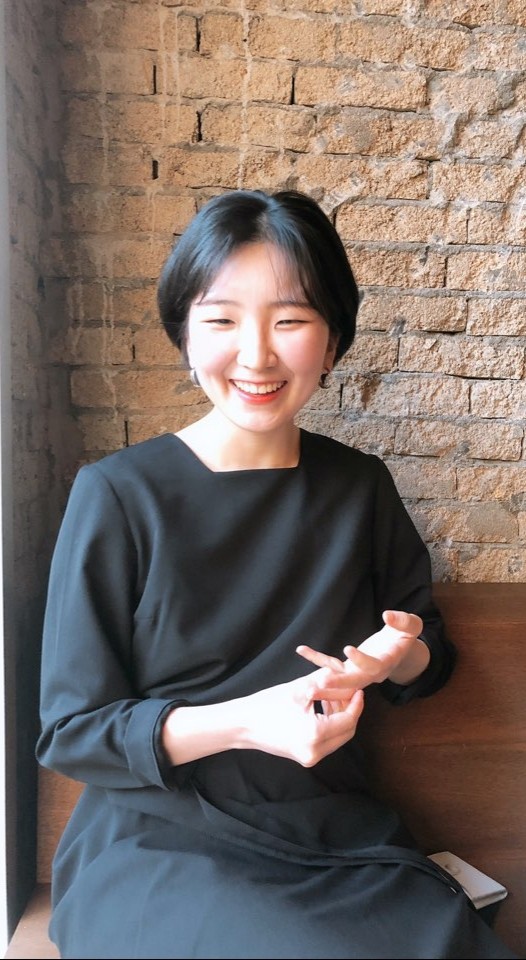
Biography:
So Yoon is a PhD candidate of sociology at the University of Chicago. She has a broad interest in the socio-spatial implications of developmental neoliberalism in Asia. Her empirical interests mainly concern two topics: the global rise of K-pop and the rise of populist leaders in East/Southeast Asia. Currently, So Yoon is working on two projects related to K-pop. First, her dissertation project ethnographically examines vocational training and gendered structures of cultural production in the K-pop industry, shedding light on the individual and organizational dimensions of K-pop. Second, as a Ph.D. research associate affiliated with the Mapping Global Impacts of Hallyu project (https://datatopower.net/), she is leading an independent project on the relationship between urbanization and the global spread of K-pop concerts.
Project Title: K-pop as a Vocation: Vocational Training, Cultural Production, and Urban Centrism in South Korea’s Popular Music Industry
Abstract:
Recently, K-pop has experienced an unprecedented level of ascendancy within a Western-centric global culture. This phenomenon requires reconceptualization following the institutionalization of vocational training and intensifying urban-centrism in Korea’s entertainment sector. Against this backdrop, this project explores 1) how individuals pursue different K-pop industry careers and 2) how this process is embedded in larger social structures and ecologies of cultural production and consumption. To better understand how and why K-pop became a vocation for many Korean youth, I will use several qualitative research methods. I plan to conduct participant observations and in-depth interviews with students, instructors, and staff at six vocational institutions based in Seoul that provide vocational training for K-pop industry careers. Upon gaining consent from student interviewees, I will longitudinally trace their career paths by conducting multiple interviews over time. To further understand the K-pop industry’s labor demands and preferred qualifications, I will also conduct rhetorical analysis of the vocational institutions’ marketing materials, K-pop industry job ads, and K-pop label audition ads. Through these analyses, this project strives to address the lack of attention to work, labor, and gender in cultural industries within American sociology, simultaneously “globalizing” sociology of culture by ethnographically examining a non-Western cultural form.
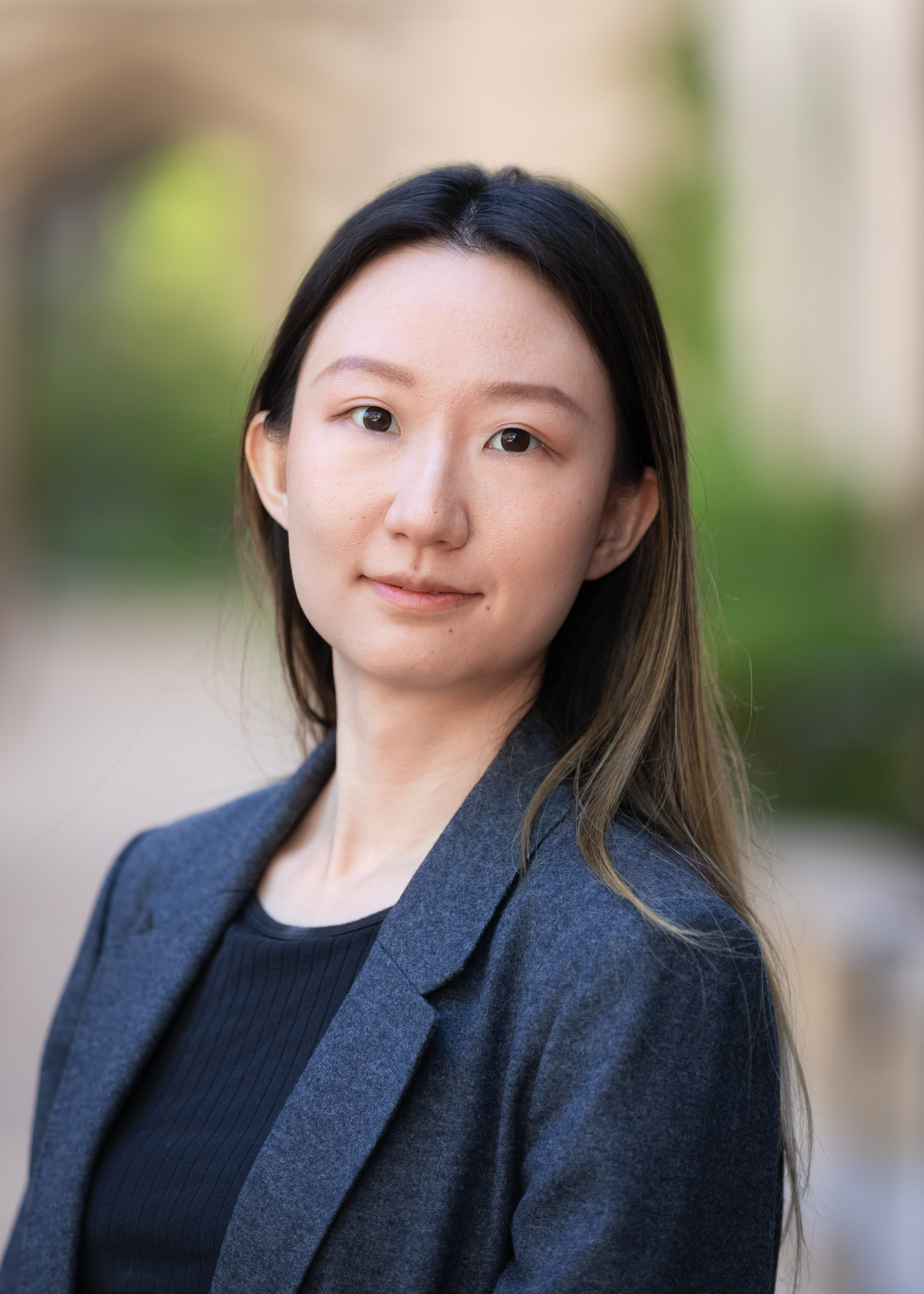
Biography:
Ziyuan Yang is a PhD student at the University of Chicago’s Sociology Department. Her research interests include fertility, knowledge, and medicine. In her previous research, Ziyuan examines the interplay between international relations, manufacturing, and population policy to study the IUD spread in China during the One-Child Policy. Ziyuan’s current research project zooms into WHO’s involvement in contraceptives during the mid-to-late twentieth century, aiming to understand how international organizations, geopolitics, and global markets have shaped our understanding of modern contraception.
Project Title: Contraception and WHO: global research, geopolitics, and contraceptive knowledge
Abstract:
My project examines WHO’s involvement in contraceptives during the mid-to-late twentieth century from a historical sociology perspective. Dominant narratives about the global consensus on modern contraceptives paint a caricature of Western countries imposing a set agenda on low-income countries, but the reality is far more complex. Over the course of four decades, the WHO became a dominant authority on contraception through a series of successful and unsuccessful scientific, political, and economic collaborations with many entities across the globe. I focus on WHO’s contribution to contraceptive knowledge production through “collaborating with national authorities,” particularly the knowledge produced by developing countries. Through this project, I will theorize how international organizations, geopolitics, and global markets have shaped our understanding of contraceptives, and I aim to contribute to empirical debates about global health governance and population history. What makes this project truly global is that my approach emphasizes the national-international collaborations (especially with India, China, Turkey, and Egypt), highlighting their role as active contributors to contraceptive knowledge production, rather than simply recipients of health policies.
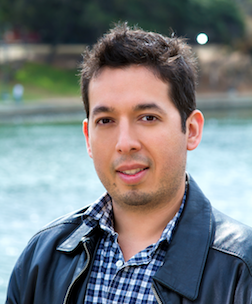
2020-21 Abstract: Skin Color Inequality in Mexico: A Sibling Fixed Effects Approach
Within the last five years, researchers have uncovered vast evidence of significant skin-color-based inequalities in Mexico. These findings have challenged Mexico’s national ideology of Mestizaje, which downplayed the significance of race within the Mexican population. However, it is still not clear what factors are producing these inequalities. This will be a quantitative research project which aims to illuminate the social mechanisms that produce these color-based inequalities in contemporary Mexico. The results of the study will contribute to the sociological understanding of how racial cues produce and reproduce inequality in a setting in which these boundaries are fluid and are not maintained by legal precepts. This study will also identify the precise mechanisms that produce these skin color gaps, which could inform public policies designed to ameliorate racial inequality.
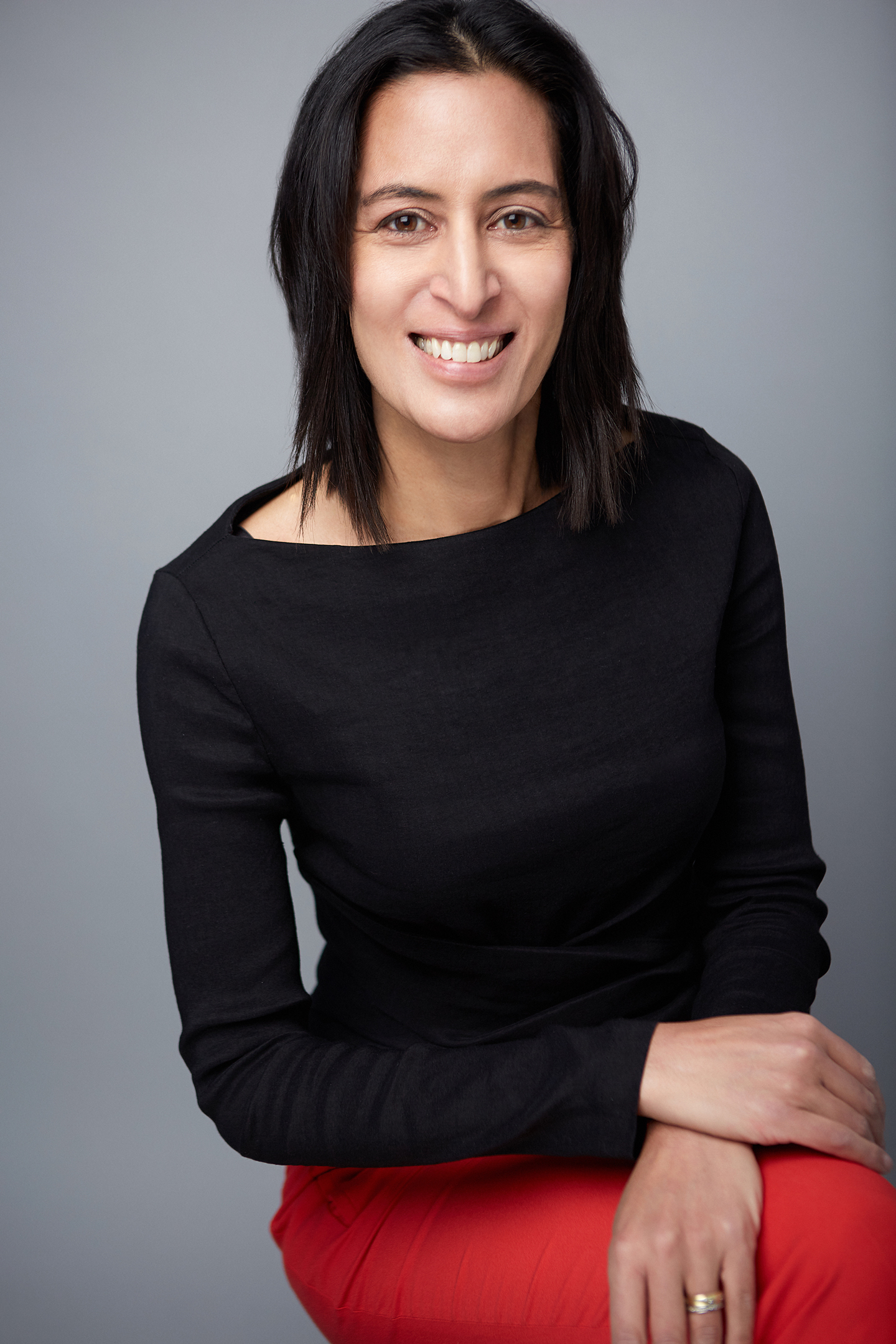
2020-21 Abstract: Becoming Urban: Understanding the Urban Transformation of Migrants to Phnom Penh
Sabina Shaikh studies the process of “late late urbanization” in Phnom Penh and the environmental factos driving people to migrate including climate change, agro-industrial development, deforestation, and dam construction. Her current project aims to help scholars understand how rural migrants make their place in the city by investigating how they use and navigate urban space and the distinctly urban relations they form. This research aims to produce a deeper understanding of the lived experience of migrants and a better account of their transformation from villagers to urbanites using traditional and distributed ethnography to develop narrative-based landscapes.